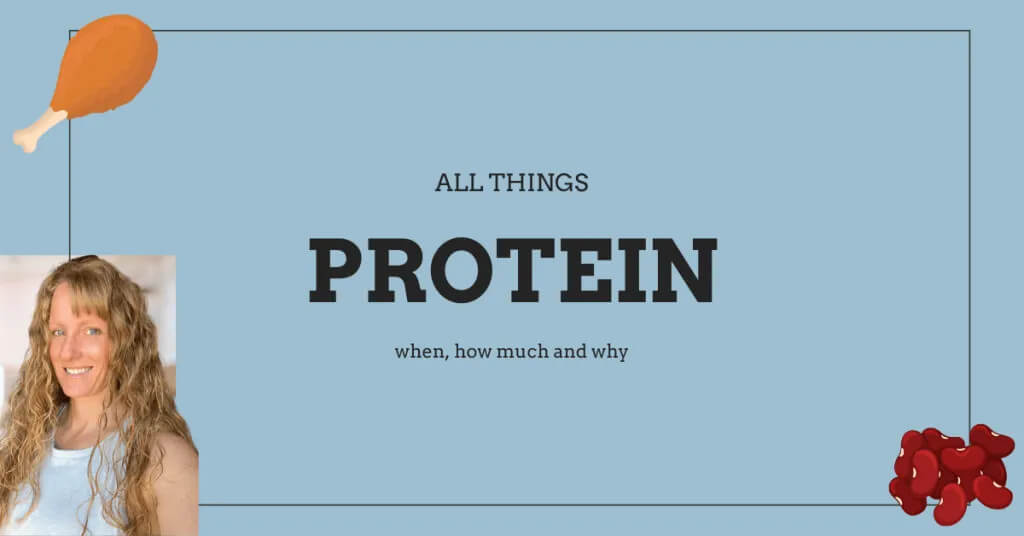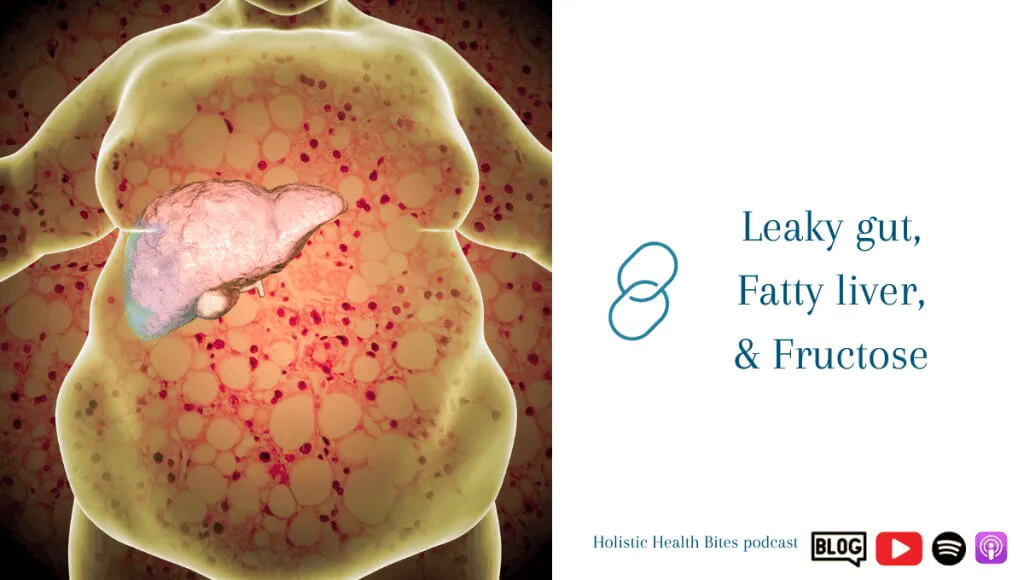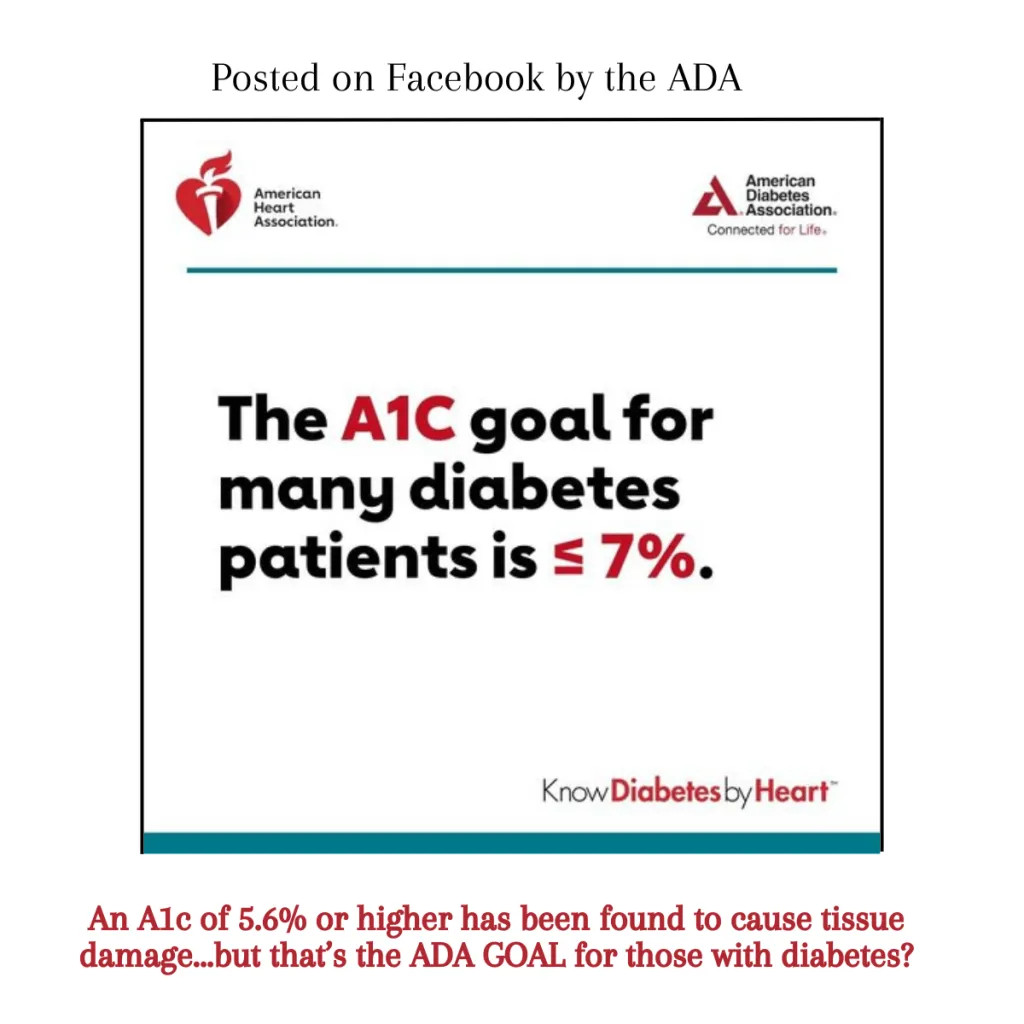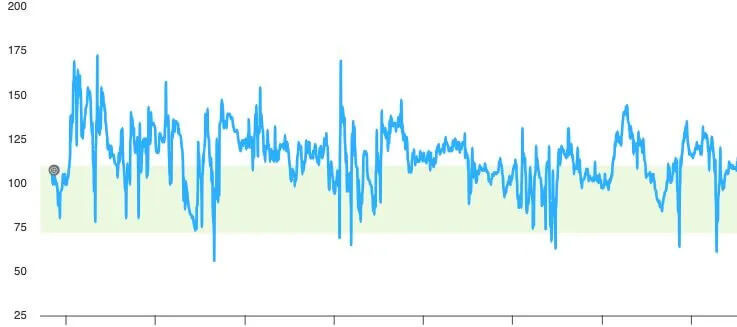 Protein is essential for our health, playing a crucial role in various bodily functions such as muscle building, hormone production, and brain function. The current Recommended Daily Allowance (RDA) for protein is based on the average sedentary person and may not be suitable for everyone, especially those who are physically active or trying to lose weight. For physically active individuals, it is recommended to consume 1-2 grams of protein per kilogram of body weight per day, with a higher intake for those regularly engaging in intense physical activities.
Protein is essential for our health, playing a crucial role in various bodily functions such as muscle building, hormone production, and brain function. The current Recommended Daily Allowance (RDA) for protein is based on the average sedentary person and may not be suitable for everyone, especially those who are physically active or trying to lose weight. For physically active individuals, it is recommended to consume 1-2 grams of protein per kilogram of body weight per day, with a higher intake for those regularly engaging in intense physical activities.When it comes to protein sources, animal proteins such as meat, fish, eggs, and dairy are considered complete proteins, providing all essential amino acids in sufficient amounts and are highly digestible. Plant proteins, found in beans, lentils, nuts, and seeds, may be lacking in certain essential amino acids and are less digestible. However, with proper combination and attention, it is possible to get adequate essential amino acids from plant sources.
To ensure you are getting enough protein, it is recommended to have protein at every meal, focusing on animal proteins for the best results. While protein powders, shakes, and bars can be used to supplement protein intake, it is advised to prioritize whole food sources whenever possible.
Read more... In this blog post, the author discusses the direct link between leaky gut, fatty liver, and fructose intake. A study published in the Journal of Nutritional Biochemistry highlights how fructose in the diet, bacterial overgrowth, and leaky gut contribute to the formation of non-alcoholic fatty liver. Fructose is metabolized differently than glucose and can be continuously converted to glucose, glycogen, lactate, and pyruvate, which are then converted to triglycerides (fat). Bacterial overgrowth in the gut, specifically the small intestine, is also being examined for its role in fatty liver development.
In this blog post, the author discusses the direct link between leaky gut, fatty liver, and fructose intake. A study published in the Journal of Nutritional Biochemistry highlights how fructose in the diet, bacterial overgrowth, and leaky gut contribute to the formation of non-alcoholic fatty liver. Fructose is metabolized differently than glucose and can be continuously converted to glucose, glycogen, lactate, and pyruvate, which are then converted to triglycerides (fat). Bacterial overgrowth in the gut, specifically the small intestine, is also being examined for its role in fatty liver development.The author provides three key recommendations based on the study findings: limiting fructose intake, particularly from sugar-sweetened beverages and foods with added or concentrated fructose; reducing overall sugar intake; and addressing gut health. They emphasize the importance of investigating and correcting digestive dysfunctions and infections, even in the absence of digestive symptoms, as the gut is a potential source of various diseases and conditions.
Read more...
This blog post discusses the American Diabetes Association's recommendations for managing diabetes and raises some important questions about the goals set for individuals with the condition. Andrea Nicholson, Functional Nutritionist, challenges the idea that the goal for someone with diabetes should be to simply keep their diagnosis and argues that it is possible to reverse the diagnosis and achieve optimal metabolic health. The author, a functional nutritionist, highlights the importance of considering multiple markers for diabetes management, including fasting glucose, fasting insulin, and hemoglobin A1c. The post ends with a call to action, stating that individuals do not have to settle for their diagnosis and that the author can provide assistance in achieving better health outcomes.
Read more...
In a recent blog post titled "OMG – My blood sugars are so high!," functional nutritionist Andrea Nicholson addresses a common concern among individuals experiencing elevated blood sugar levels in the morning. Nicholson assures readers that this occurrence is often normal and a result of the body naturally increasing blood sugars to provide energy before breakfast. She explains that as melatonin levels drop and daylight is sensed, the body releases cortisol, a stress hormone that also raises blood sugar. However, if blood sugars remain high for extended periods after waking, it may indicate underlying health issues such as insulin resistance or chronic stress. Nicholson recommends utilizing a continuous glucose monitor (CGM) to gain insights into how blood sugars respond to various factors, and offers assistance in obtaining and interpreting CGM data.
Read more...
In her blog post, Andrea Nicholson, a functional nutritionist, discusses the importance of spousal support when addressing health challenges. Nicholson expresses her sadness when women say they can't join her program because their husbands don't support their decision. She believes that most spouses would support each other if they fully understood the reasoning behind it, emphasizing that this often comes down to a communication problem.
Nicholson advises approaching spouses with clarity and confidence, discussing the challenges you're facing and why addressing them is crucial. By explaining the benefits and how their support would greatly impact your life together, spouses are more likely to be on board. She encourages individuals to stand up for themselves, ask for support, and fight for what they want, as a supportive spouse would do the same if the roles were reversed.
Ultimately, it is essential to support yourself and your decision first, as receiving spousal support often begins with your own belief in the importance of addressing your health challenges.
Read more...















